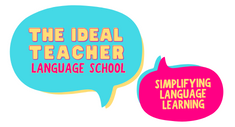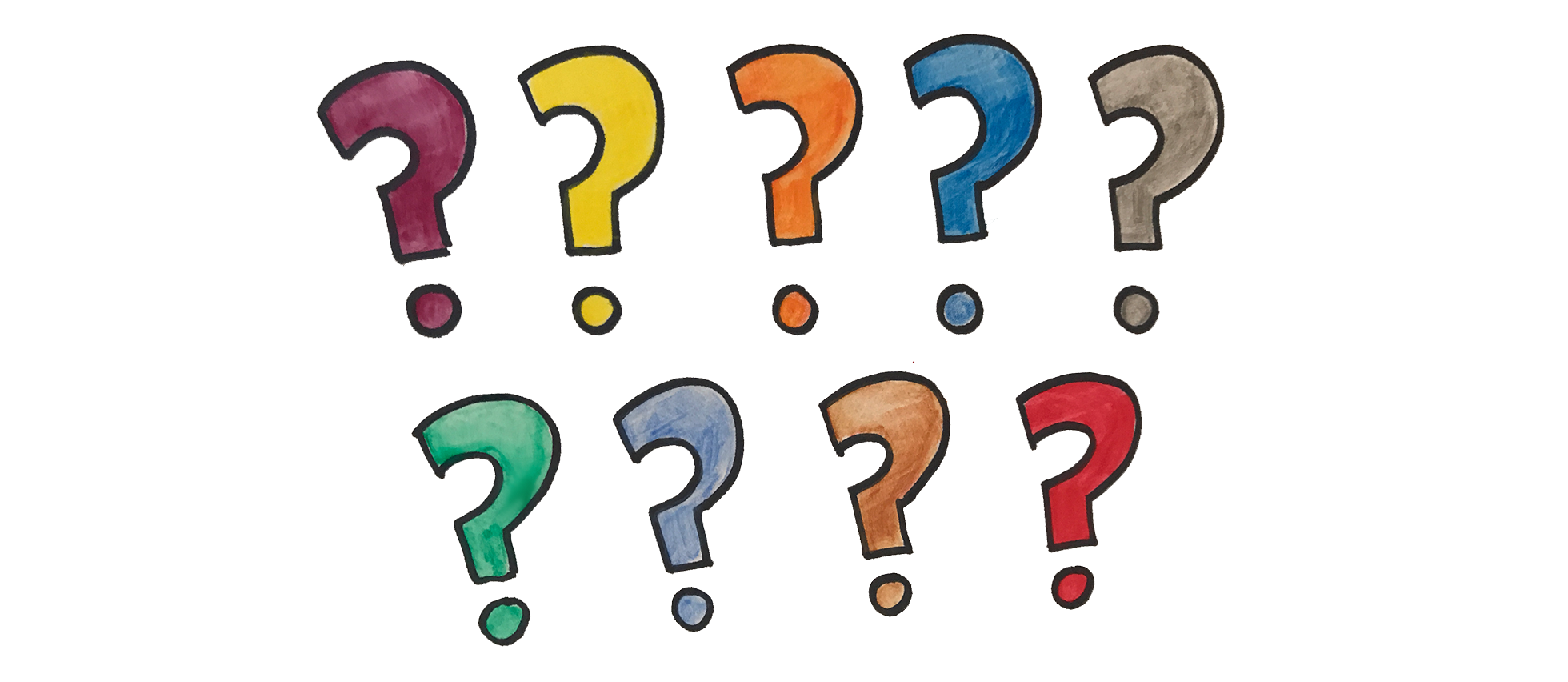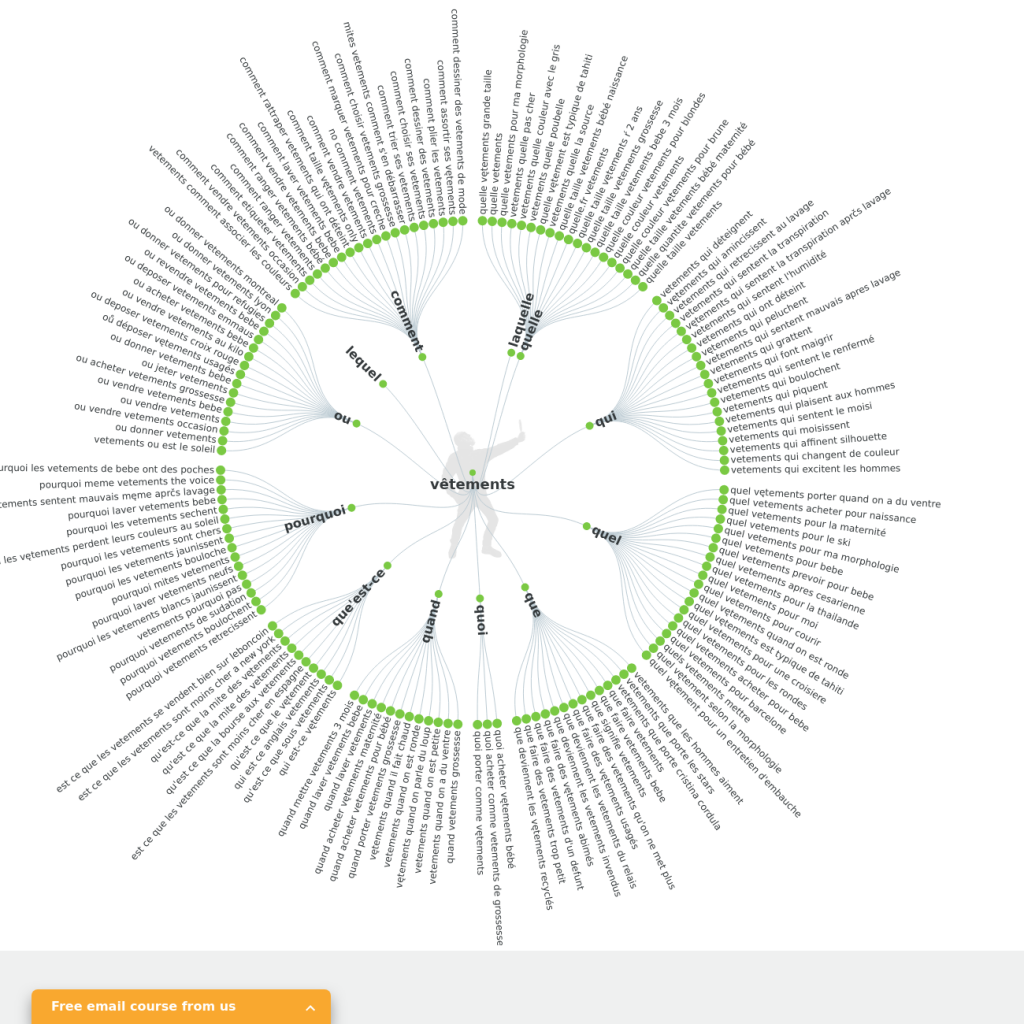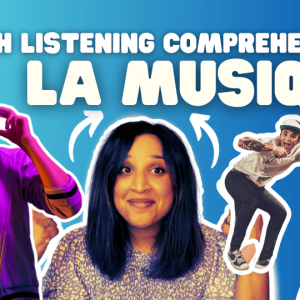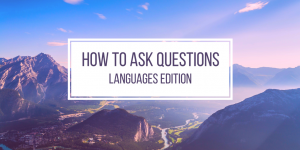 The art of asking can be quite a daunting task for many in their own language, let alone a foreign language.
The art of asking can be quite a daunting task for many in their own language, let alone a foreign language.
This post aims to discuss why we need to know how to ask questions, provide a comprehensive explanation of how to ask questions in French, Spanish, English and German, as well as suggest some helpful and innovative resources for practising the art of asking questions and replying to them in French, German and other languages.
Why Do We Need To Know How To Ask Questions?
Questions help make sense of the world, they empower people as learners and are pivotal for solving problems, finding solutions and enacting change (Godinho, 2013). Asking questions also allows people to strike up conversations with new people and, more importantly, keep these conversations going. So, knowing how to ask questions is a useful skill to possess – not only in English but in other languages too.
My school is currently delivering the reformed 9-1 GCSE courses for French, German and Spanish and ‘asking and answering questions’ and ‘responding to unexpected questions’ are both part of the courses’ scopes (AQA GCSE German Specification). For this reason, students should feel reasonably confident with understanding, posing and replying to questions by the time their exams come around. So, how are questions formed?
How To Ask Questions in French, Spanish, English and German
In English we ask questions in four similar ways to in French, German (and Spanish, I believe!)
- Taking a statement and then increasing the pitch at the end in speech or adding a question mark at the end in written work
You want a sweet? - Adding a form of ‘do’ to the beginning
‘Do you want a sweet?’ - Inversion (swapping the subject and the verb around to change the statement form)
Have you got a wifi connection? - By adding question words to the beginning (what, why, when, how, what, where etc)
What did you eat today?
How long did you swim?
Where do you live?
Useful Resources for Teachers and Students To Learn How To Ask Questions
How To Ask Questions In French
During the progression of the French GCSE language course this year, we have done lots of practice on simple questioning and more complex questioning in all skills. I found this Powerpoint resource on How To Ask Questions in French last year on TES (by marilynphillips), which systematically, goes back to the basics of how to ask questions in French really useful for my foundation French GCSE set. It includes the ideas outlined above.
How to Ask Questions In German
In the past, I have used this resource from TES by ahardiment on How To Ask Questions In German to re-cap questioning with Year 9 and foundation Y10 German learners. This includes some explanation and practice activities.
As I am not a Spanish teacher, I don’t have a good resource on how to ask questions in Spanish but if you have one you think would be suitable, please let me know and I’d be happy to credit you and add it to the post.
Practise Asking and Responding To Questions in Target Language
I really wanted to rave about an excellent website that I came across this week, called: AnswerThePublic which is super useful to practise answering questions, once you have learned and practised the foundations of how to ask questions in French, as well as how to ask questions in Spanish and how to ask questions in German! I would recommend this website for intermediate students, so KS4 should be perfect.
How To Use AnswerThePublic To Practise Asking and Answering Questions
If you are looking for technology to help practice questioning in your ESL or modern foreign language classroom, then check out AnswerThePublic. The website will create a visual, as well as a list of questions that web users have searched for in Google and Bing based on a keyword you enter.
 Instructions on How To Ask Questions on AnswerThePublic:
Instructions on How To Ask Questions on AnswerThePublic:
- Choose the language
- Add the term (one word works really well)
- Hit ‘Get Questions’ button
- Wait for a few moments and you will be presented with an amazing visualisation of the questions, as well as the questions in tabular form that people have searched for on Google and Bing. You can easily download the visualisation and save it to you at a later time.Please note that some of the questions are missing verbs etc, as they are questions that web users have entered into the search bar of search engines. Despite this, there is a lot of potential for using this resource in the classroom. For example, ask students to complete the questions missing the verb with a verb, pick out the grammatically correct questions to answer or add other questions to the list.

What do you guys use to teach or practise the art of questioning in your language? How can you use ‘AnwerThePublic’? Will you use it in your language classroom?
Join TheIdealTeacher.com’s exclusive mailing list below to keep up-to-date with all of my latest content, including fab teaching ideas and activities!
References:
AQA GCSE German Specification: http://www.aqa.org.uk/subjects/languages/gcse/german-8668
Godinho, S. and Wilson, J. (2013) Helping Your Pupils to Ask Questions, Oxon. Routledge
JOIN ME ON MY SOCIALS FOR MORE FAB TEACHING CONTENT >>
